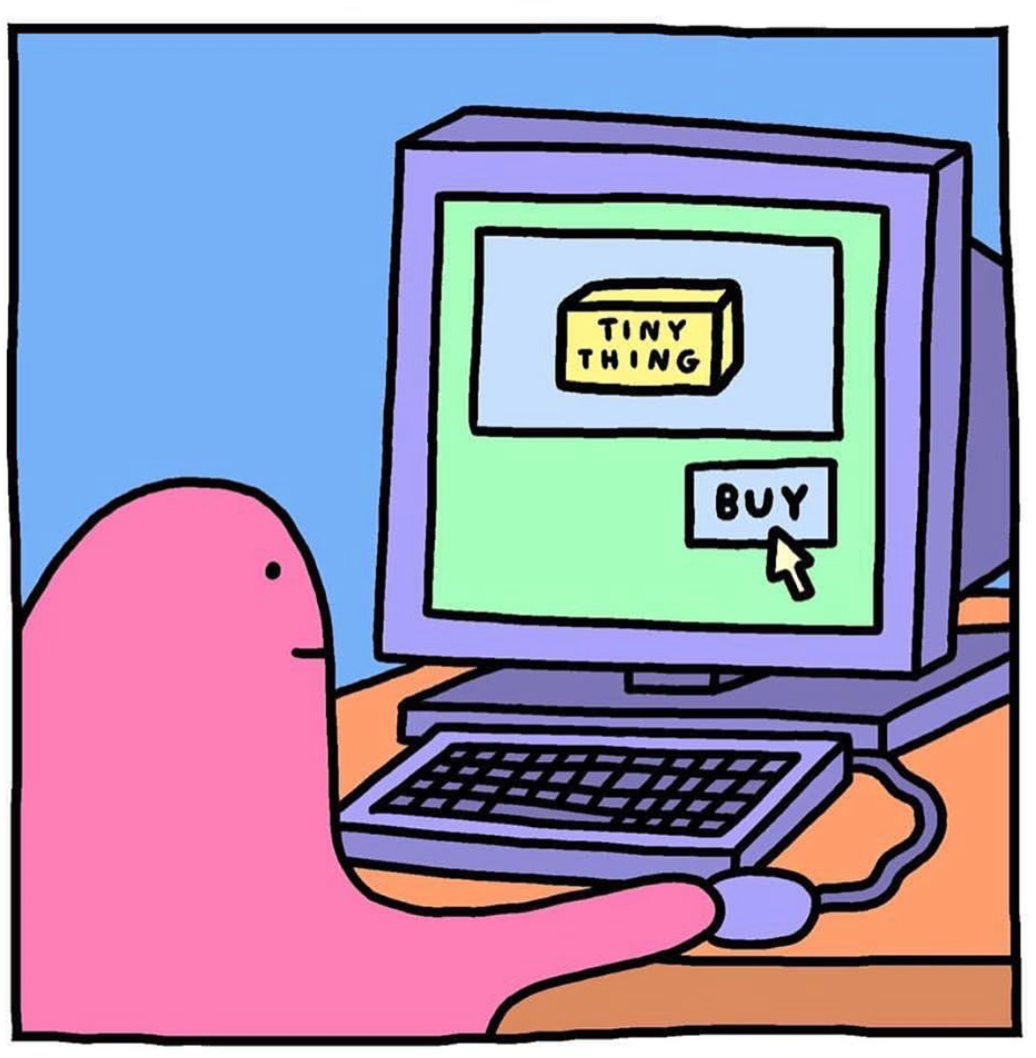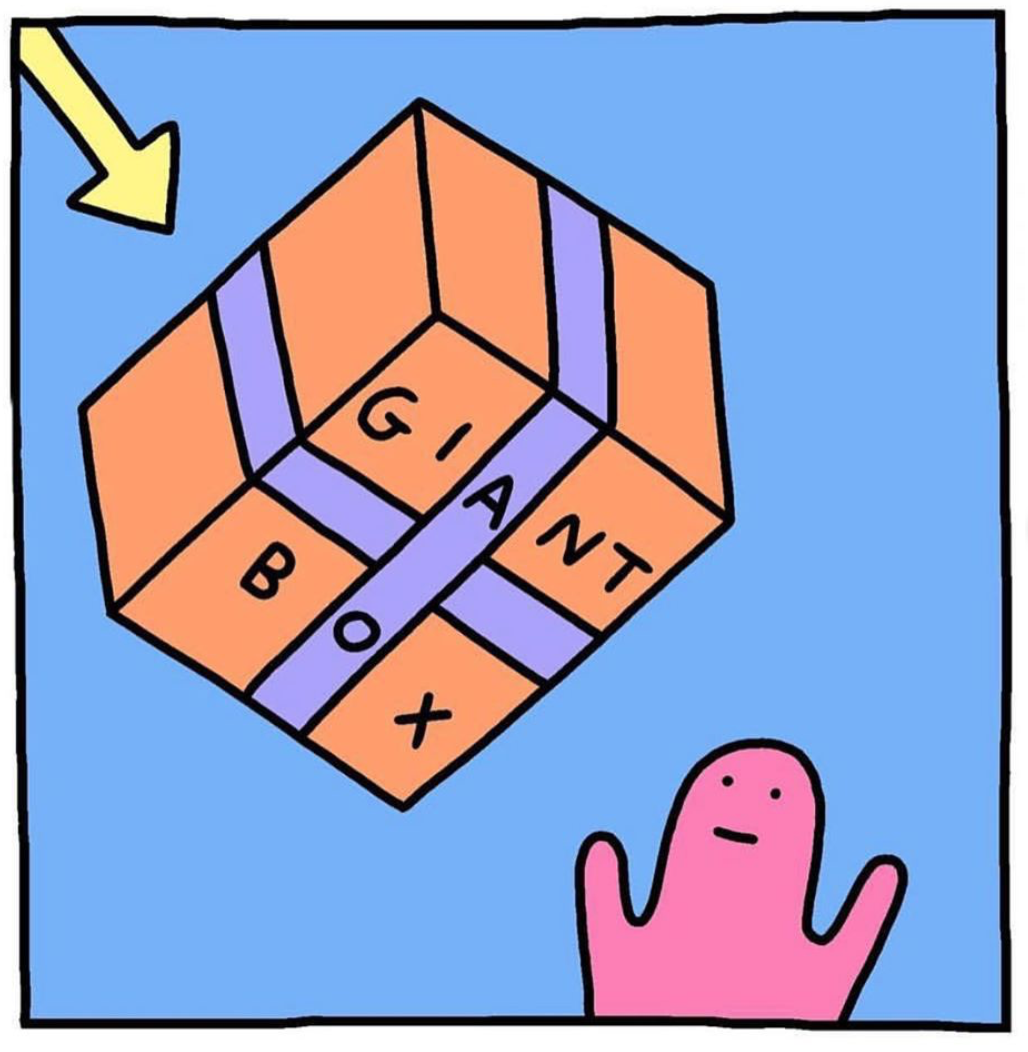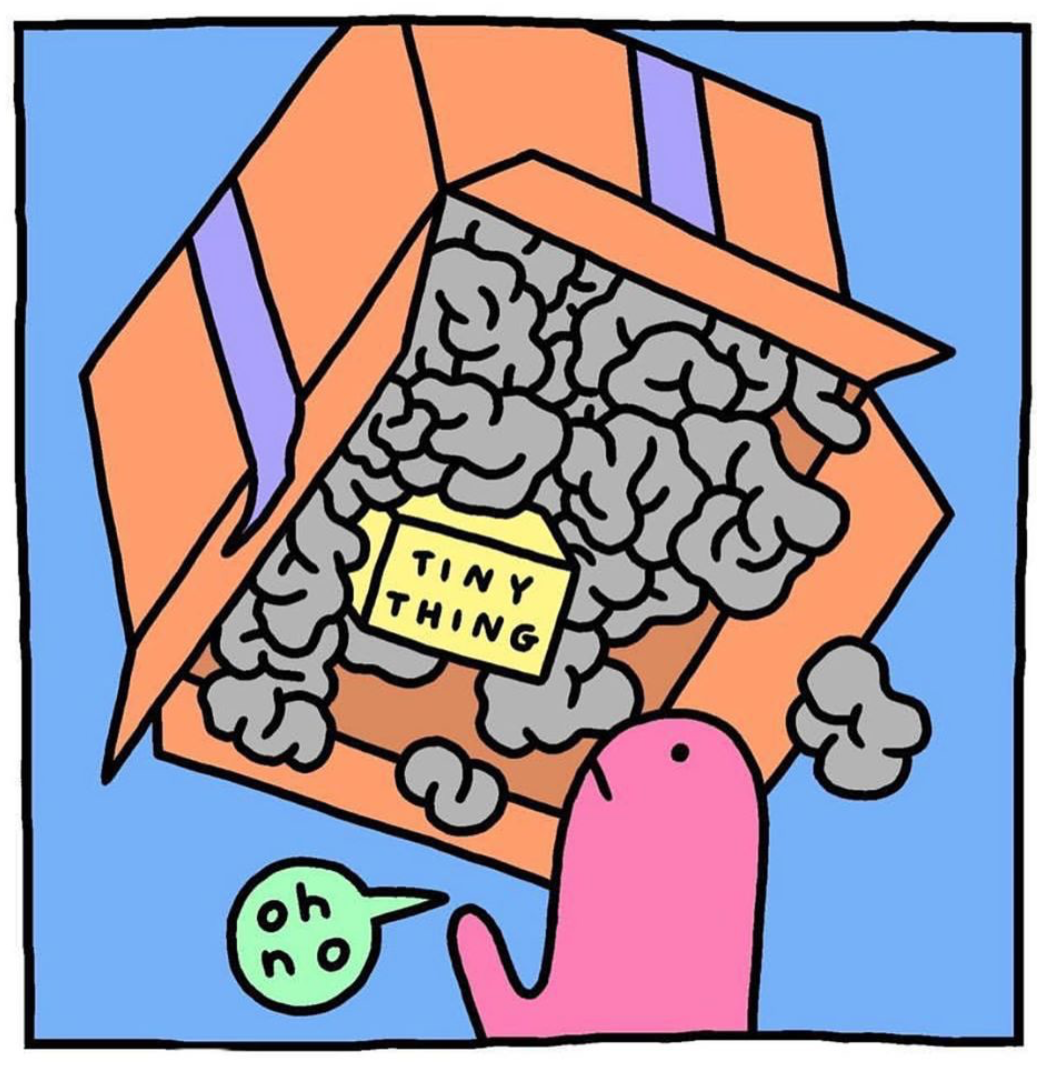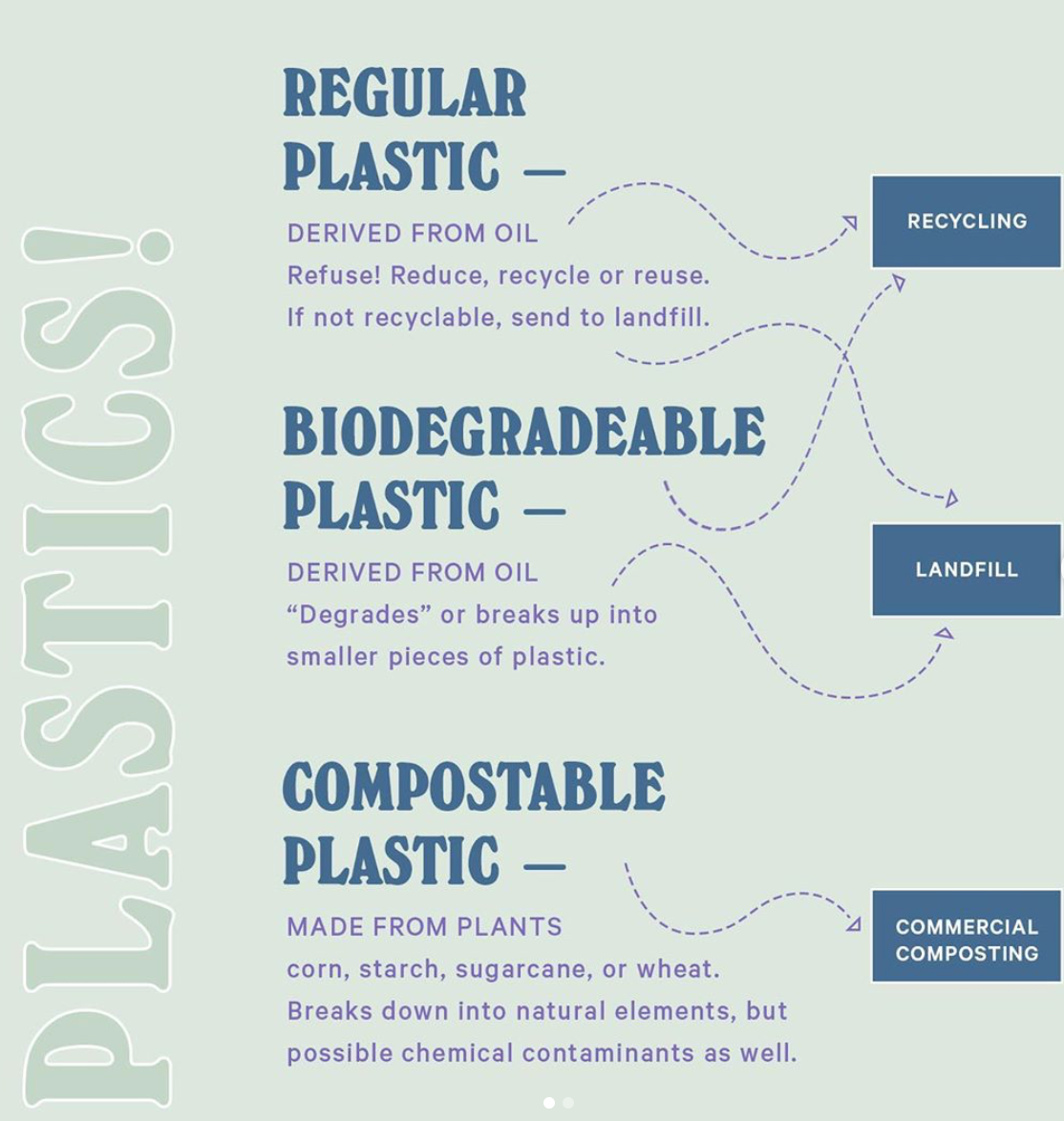A Beginner's Guide to 7 Free Steps You Can Take Towards Living A Zero Waste Life
We’re experiencing a climate crisis far beyond our comprehension. Climate change is the biggest threat to our planet. Consciousness is always the first step. Then comes action. Almost everyone knows that climate change is a problem. If we don’t do something, our kids won’t have a future.
In the fashion industry that is near and dear to my heart, under “sustainability” is housed a myriad of considerations spanning (but not limited to) tracking carbon emissions, cutting out non-biodegradable fabrics, eliminating excess water usage and the use of pesticides, and offering fair conditions and pay to factory workers. It’s about climate change and “going green.” It’s about championing a culture of longevity and value.
Basically, it’s caring about the planet and future generations, and it’s something the public is finally waking up to. Large labels are understandably unable to alter their entire supply chains and product lines overnight. But rather than holding their hands up and addressing the less-than-green halo that hangs above them, some brands and retailers opt to abuse the fuzzy definition of sustainability. That abuse is otherwise known as greenwashing, and it’s happening all the time. It’s important that we as consumers know which questions to ask and face up to our own contribution to the world’s problems through our shopping habits. Apps like Good On You pulls relevant brand information and runs it against 50 different standards and certifications. The information is evaluated, weighed, and translated into simple, easy-to-understand ethical ratings out of five for how each brand impacts on people, the planet, and animals.
We need to help aid the efforts to combat climate change, as the global epidemic spreads with melting ice caps, rising temperatures, coastal erosion and more. Zero waste is not an overnight phenomena. Setting the intention to reduce waste is the first step, so you’re already on your way. Everyone’s zero waste journey is different. So never compare yourself to other people. Get inspiration from them, communicate with other zero wasters in the process when you have questions or concerns, be supported by other people – not intimidated. Keep reading for 7 easy and free steps that you can take starting today to move towards a lifestyle of zero waste.
Bring Your Own Water Bottle
When you’re on-the-go, you’re bound to get a little thirsty. Rather than buying a plastic water bottle, keep a reusable bottle or mason jar on hand that you can fill up throughout the day.
Swap Paper Towels For Cloth Rags
You do not need to buy every zero waste alternative all at once. I’d recommend is purchasing zero waste alternatives once your non-zero waste items run out. You likely have some old linens, towels or even clothes that are too far gone to donate to Goodwill. Create your own reusable cleaning cloths by cutting up some old fabric. When you run out of paper towels, you will be all set to go with your reusable cleaning cloths.
Host A Clothing Swap
Instead of purchasing new items, host a clothes swap at your home and invite a small group of friends. Clothes swaps are a great way to recycle clothes that don’t suit you or no longer fit, and they’re a fun way to socialize safely. Extending the lives of our clothing by buying and selling secondhand not only saves money, but also helps reduce the loads of clothing ending up in the trash. Donate the leftovers to Goodwill or Salvation Army. Only a small percentage of donations made to thrift stores end up on the shelves for resale. Most items are not in good enough condition to be resold unless they’re in great condition. You can drop off old clothes at a textile recycling box if you’re unsure. Textiles (like clothing and sheets) that are no longer in great condition can be donated to textile recycling facilities that turn these things into furniture padding, linings and insulation.
Say No To Plastic Straws
When you’re dining out, just say no to plastic straws. Be sure to alert your server, barista, or bartender at the beginning of the meal that you don’t want a straw with your beverage. If you absolutely must have a straw, bring your own reusable glass or stainless steel straw in your bag. Next time you’re out to eat or at the store and only buy one or two things, consider if you really need the straws, all those extra napkins or the plastic bag to carry something that fits in your arm or your purse anyway. These things might seem small, but every little bit adds up, especially if we’re all making small changes.
Bring Your Own Shopping Bag
Bring your own reusable bags when you grocery shop and ideally, your own cloth bags for produce and bulk items. If you don’t have cloth bags, you could reuse plastic produce bags, make your own from old pillowcases, or let your produce go naked in your basket.
Minimize Food Waste In Your Fridge
Before making a trip to the grocery store, look at the food leftover in the fridge to build a meal around what is already on hand. If you have a surplus of dry goods and canned items, you can donate them to your local food kitchen instead of tossing them aside as your dietary needs change over time.
Do Research On Trash
The easiest place to start is assessing where you’re making a lot of waste and focusing on those areas first. Even if you can’t solve every aspect of that area right away, you can start to prioritize the steps you want to take. Looking at the big picture of all the waste in your life can feel overwhelming, but once you break it down and focus on one area at a time, it becomes so much more doable. There are a lot of common household items that we throw in the trash for convenience or ignorance. For example, cotton balls, paper towels, bath tissue, paper Q-tips can all go in the compost. Recycle whatever you can. Compost whenever you can. Find a way to reuse an old item whenever you can. Donate items, or gift them to friends. The goal of zero waste living is to keep matter out of landfills.










